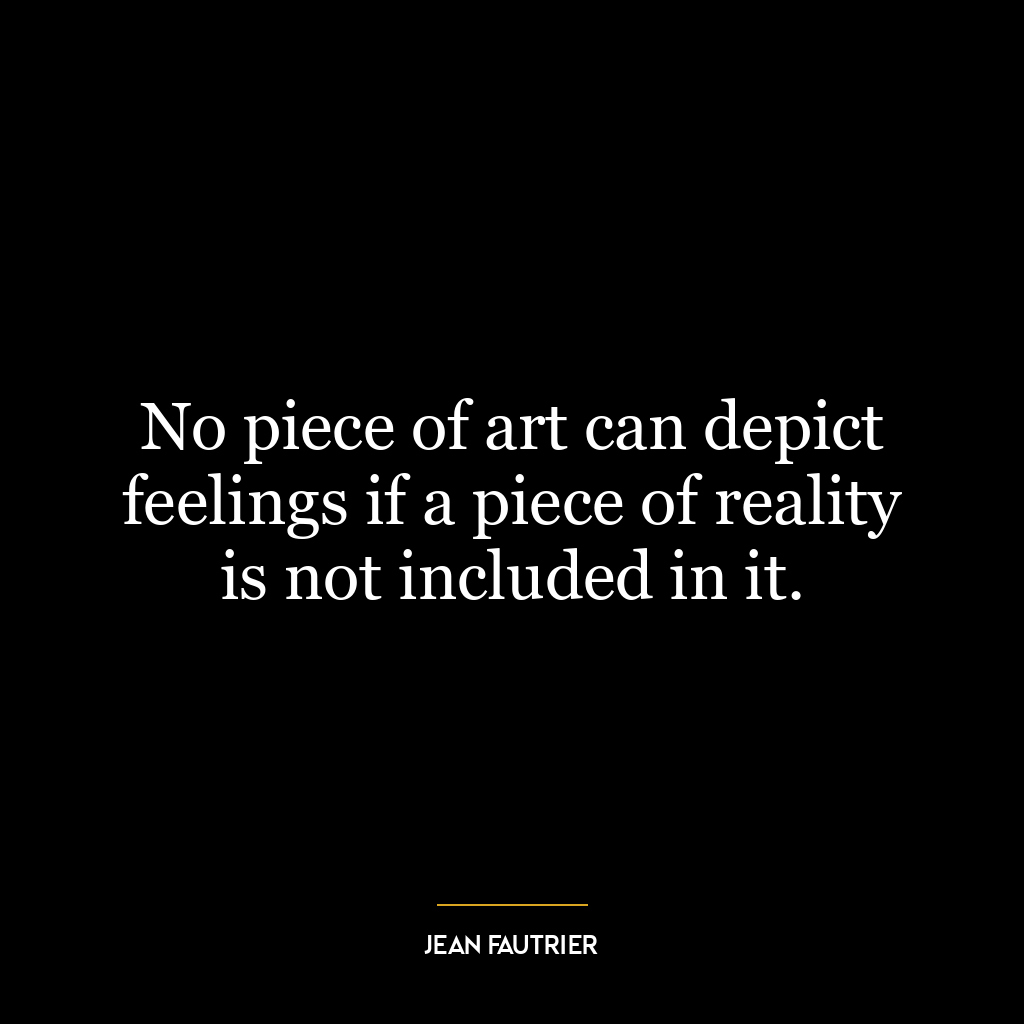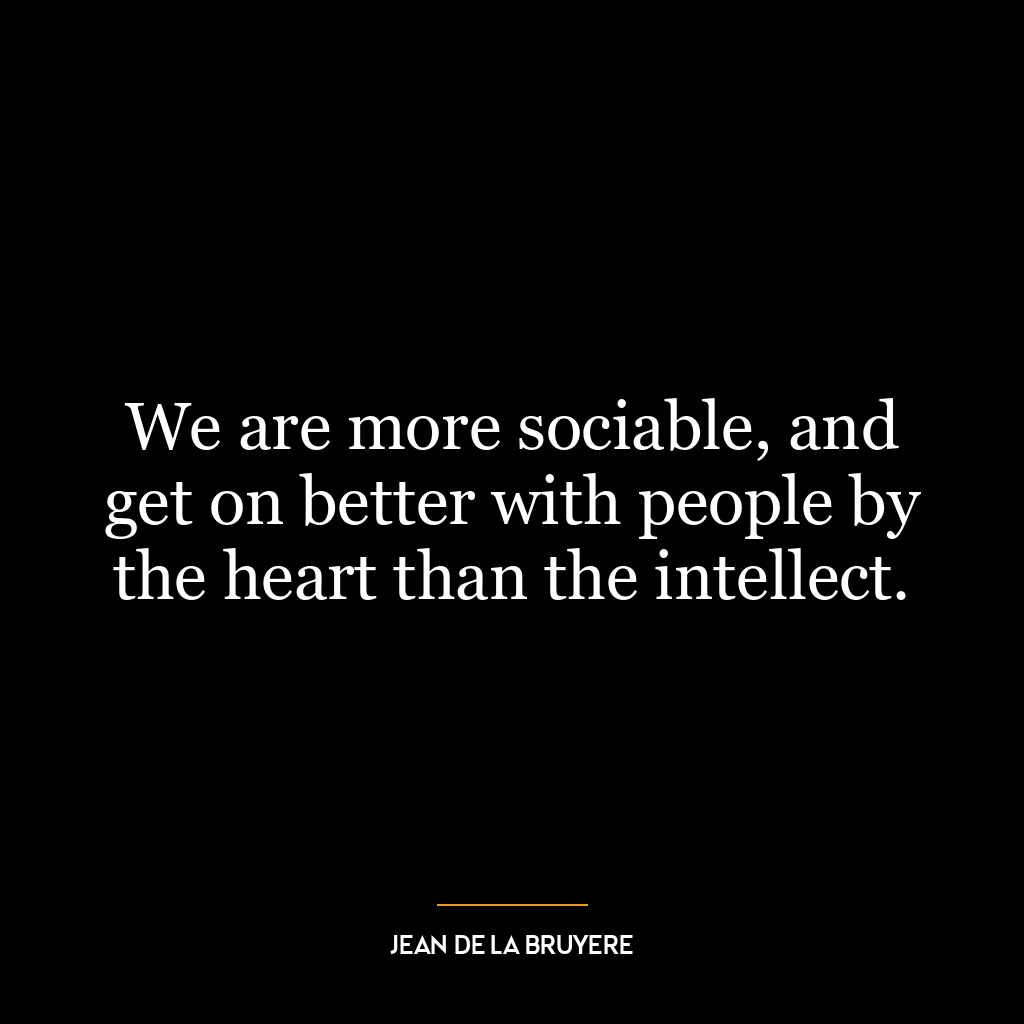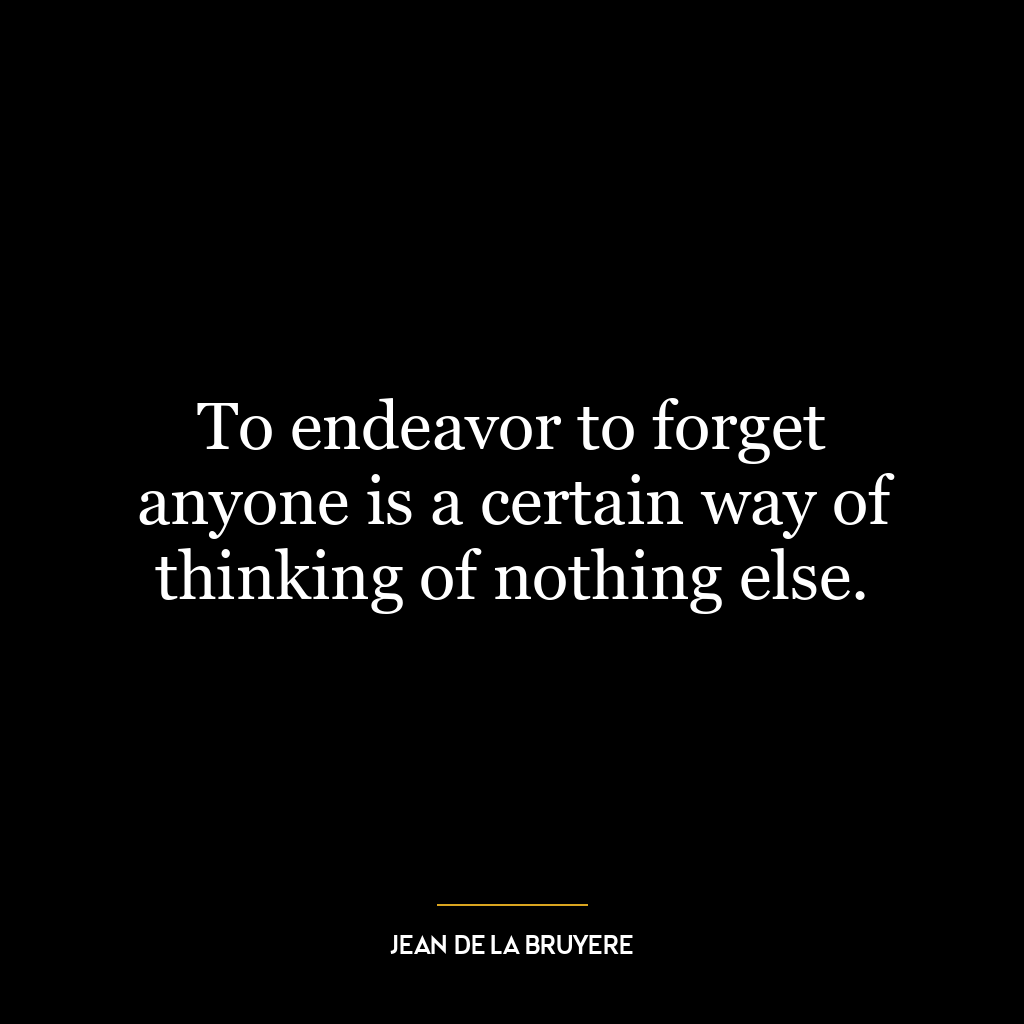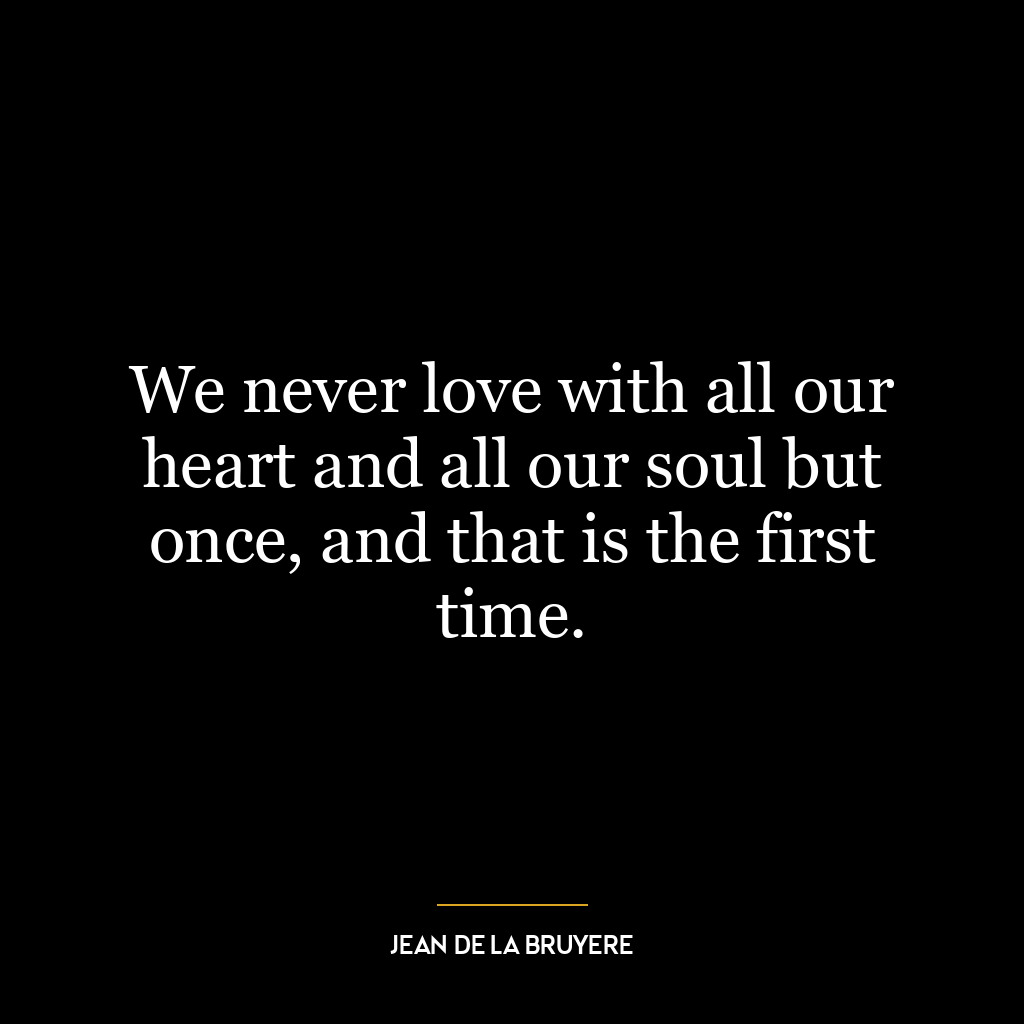Gluttony is an emotional escape, a sign something is eating us.
This quote suggests that gluttony, or excessive indulgence, particularly in food, is not merely a physical act but an emotional response to a deeper issue. It implies that when we overindulge, it’s not because of hunger, but because we are trying to fill an emotional void or escape from something that’s troubling us. In other words, the act of overeating is a symptom of a larger problem, a sign that something else is “eating” at us, or causing us distress.
The “something” that’s eating us could be a wide range of things: stress, anxiety, loneliness, depression, or other emotional issues. We might turn to food (or other forms of indulgence) for comfort, distraction, or even self-punishment. The act of eating becomes a way to cope with these feelings, even though it doesn’t solve the underlying problem.
Applying this idea to today’s world, we live in a society where overindulgence is often normalized or even encouraged. From all-you-can-eat buffets to supersized fast food meals, there are countless opportunities for gluttony. At the same time, many people are dealing with high levels of stress and emotional turmoil, whether due to work pressures, personal issues, or global events.
In terms of personal development, understanding this quote can help us recognize and address our own unhealthy coping mechanisms. If we find ourselves overeating or overindulging in other ways, it might be a sign that we’re dealing with emotional issues that need to be addressed. Rather than trying to suppress these feelings with food, we might need to seek healthier coping strategies, such as therapy, meditation, or exercise.
Moreover, it’s important to cultivate self-compassion and understanding. Recognizing that gluttony is often a response to emotional pain can help us be more compassionate towards ourselves and others who struggle with this issue. Instead of judging or criticizing, we can offer support and understanding, and encourage healthier ways of dealing with emotional pain.








